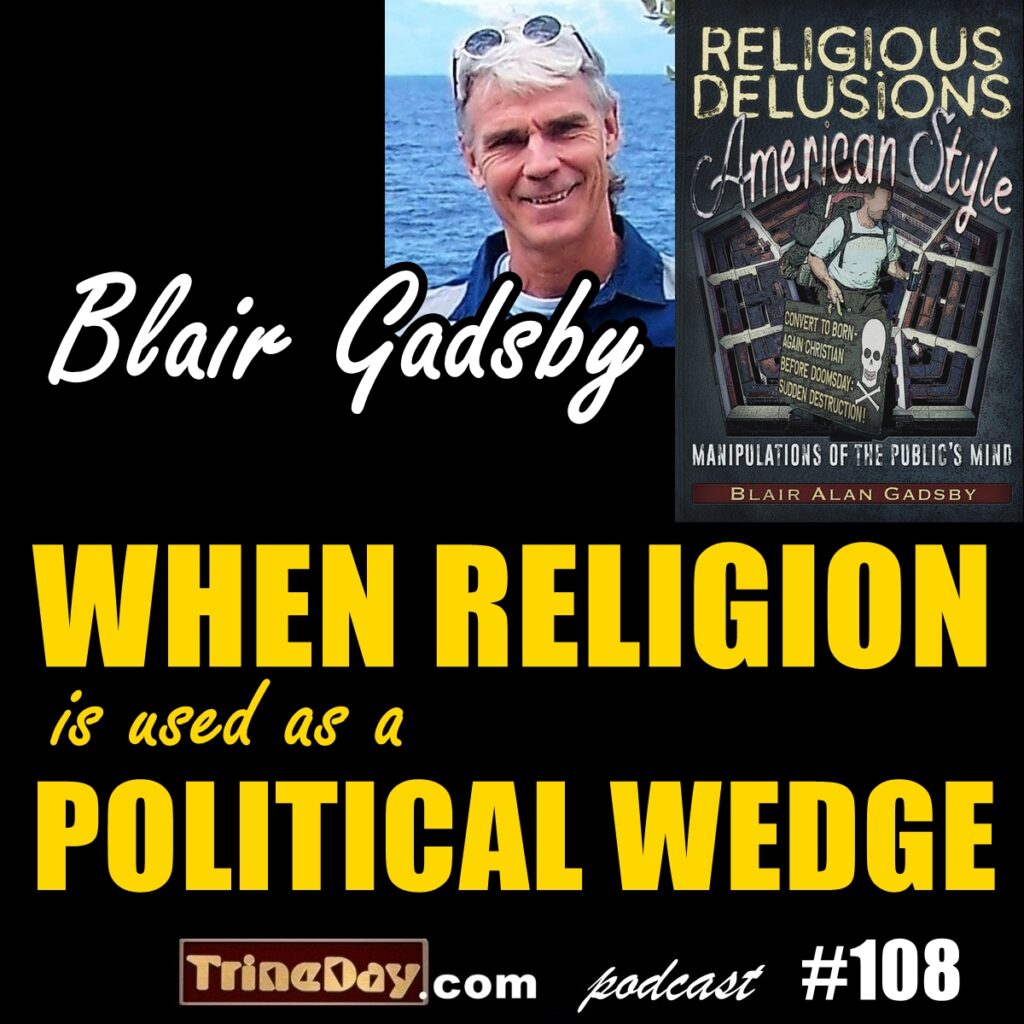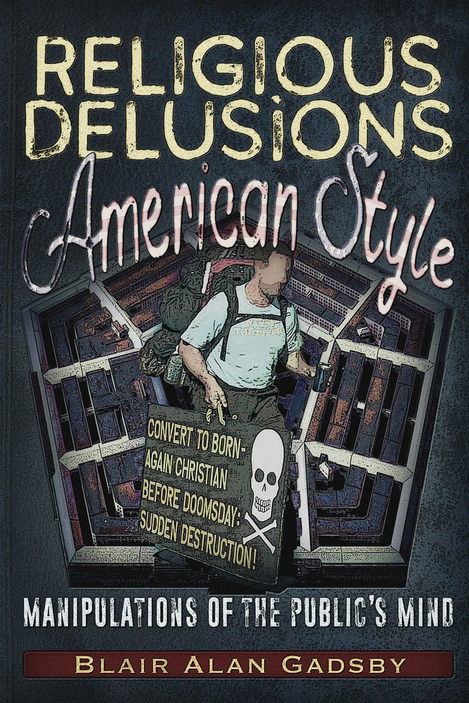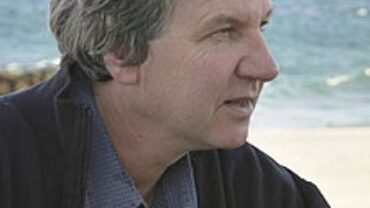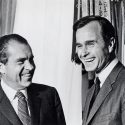The Journey 108. Blair Alan Gadsby: When Religion is used as a Political Wedge
Publisher Kris Millegan speaks with Blair Alan Gadsby about Roe v. Wade, American evangelicals, the use of religion as a political wedge, and his book, RELIGIOUS DELUSIONS, AMERICAN STYLE: Manipulations of the Public’s Mind.

Blair is a graduate of the University of Toronto’s Centre for Religious Studies and is currently Adjunct Faculty of Religious Studies at Maricopa County Community Colleges and Arizona State University teaching World Religions, Religion in America, and other courses.
Kris: The use of religion to get people into line has been going on for quite a while. What’s your take on our current political situation?
Blair: Religion as a tool in the forefront, at least globally, doesn’t seem to be the instrument of choice. However, domestically now, via the Trump phenomenon – obviously Roe v. Wade – these are something of a culmination of forces on the evangelical side of religion of the last, oh, forty, fifty years. … it’s kind of a political progression emerging out of the religious right.
This politically aggressive force in American politics is largely responsible for turning off many moderate people. Think of it in the context of abortion. You may be pro-choice, but you don’t support the extreme views of late-term abortions [for example].
Evangelical influence on American politics in the last forty, fifty years has fostered this wedge and as a result has turned off a sizable number of people, many younger folk, who see religion as more contentious than uplifting. So in a way religion is responsible for turning many people away from religion.
But don’t confuse that politically active and aggressive group, commonly called your Evangelicals or Fundamentalists, with your old-school Protestants or your Catholics.
Kris: We have the latest figures which show that the people showing up to church are getting less and less and less and less. It’s people who are influencing government. And the Evangelicals are doing quote-unquote missionary work, sending these thoughts into a lot of other political aspects. They’ve been very strong in places in Asia and in South America and Central America.
We obviously have people who use religion to control people politically, not just in fears but also in hopes … for thirty, forty years, really wrapping up the abortion issue and basically chasing their tail. Now they caught their tail. What’s that going to do for them?
Blair: Surveys tend to indicate that the majority of people tend to side with choice within certain limits. That’s what I’m trying to highlight. Most of us are moderates. We’re not fanatics as a rule. I don’t really think that religious extremism exists. Not organically and indigenously among people. It’s whooped up. It’s fostered. It’s conjured.
It can be a local situation. Remember the Rwanda-Burundi massacre back in the ‘90s? That was just a horrible thing. Eight hundred thousand Africans killed largely by machete. Now that was more of a tribal than a religious situation to be sure but the point is the same. Those tribes, they knew each other. They were neighbors. They got along.
But as soon as some demagogue in the government got ahold of the radio stations and the airwaves, he was able to inject fear into the society and turn people on each other. The government in cahoots with the media. That is the shaper of our views. People can be, even at a local level, turned on each other.
Do you remember the Waco incident? The Branch-Davidian incident? Those people were victimized by heavy-handed law enforcement, plain and simple. We were lied to about who they were.
[We were told that the leader, David Koresch] is “stock-piling” weapons. Malarkey. He was a gun dealer. He had a permit to trade arms. As soon as he caught wind that the ATF was interested in him, he called the Dallas ATF and said, “Come out to my compound.” They didn’t want anything to do with it. They wanted to force a confrontation.
Kris: There’s been a concerted effort of psychological warfare against the American people.










